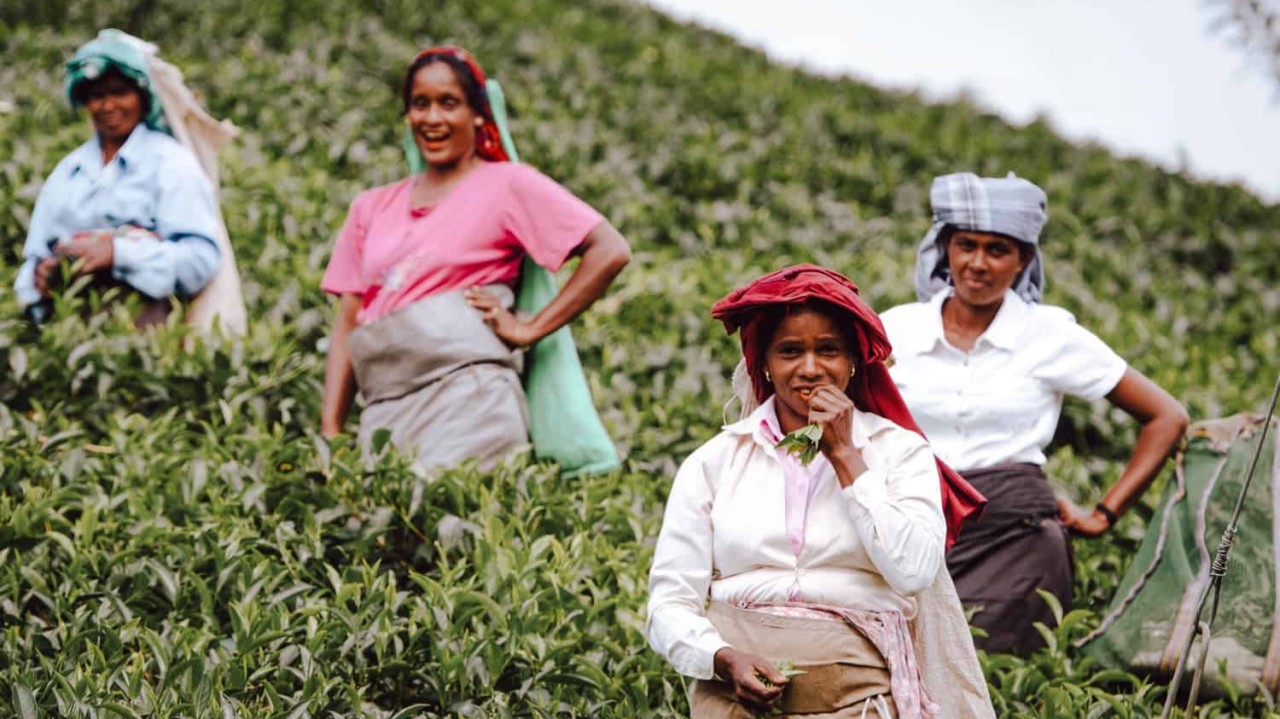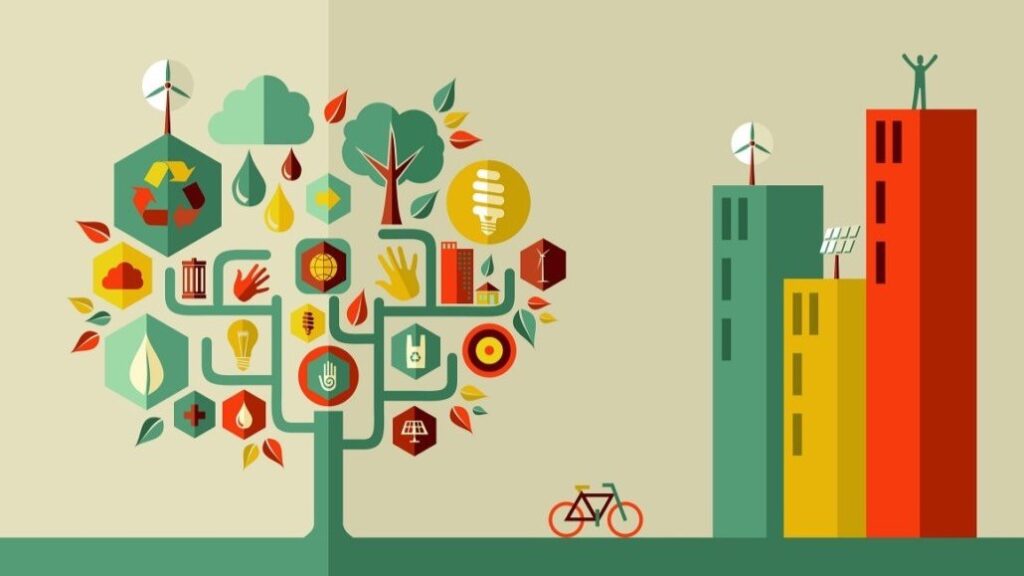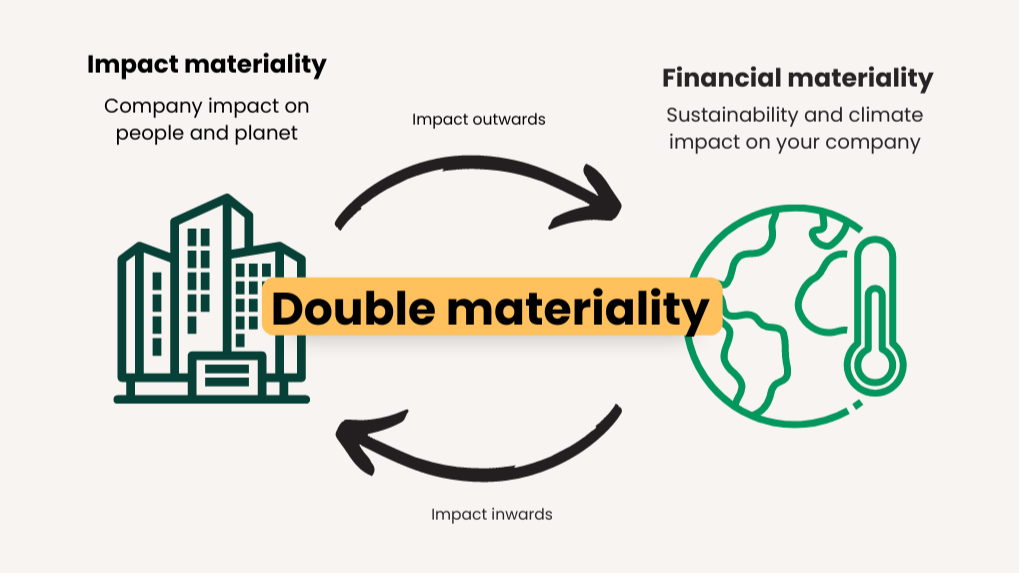As global markets evolve toward sustainability, the focus has long been on reducing environmental impacts. Tools like Life Cycle Assessment (LCA) and Environmental Product Declarations (EPDs) have successfully advanced this cause. But what about the social footprint of products? How are labor conditions, human rights, gender equality, and stakeholder inclusion tracked and disclosed?
This is where Social Product Declarations (SPDs) step in, not as a replacement, but as the vital missing piece. By capturing the human stories behind products, SPDs bring the often overlooked social dimension into sharp focus, turning supply chains into pathways of accountability, fairness, and ethical progress.
What is a Social Product Declaration (SPD)?
A Social Product Declaration (SPD) is a standardized and verifiable document that communicates the social aspects and impacts associated with a product or service across its life cycle. Just as an Environmental Product Declaration (EPD) focuses on environmental impact, the SPD emphasizes social sustainability, enabling organizations to disclose labor practices, human rights conditions, community engagement, and inclusion efforts.The world’s first SPD was recently launched under the International EPD® System, signaling a new era for companies committed to comprehensive sustainability performance.
Purpose of a Social Product Declaration
The core objectives of an SPD are to,
- Provide verified and transparent social information on products.
- Support socially responsible procurement, investment, and consumer choices.
- Enhance transparency, accountability, and due diligence in supply chains.
- Integrate social dimensions into EPD frameworks, enabling a holistic view of sustainability.
Key Social Indicators in SPD
An SPD covers a wide spectrum of social indicators based on internationally recognized standards and guidelines. These include,
- Labor Conditions & Decent Work
- Community Impact & Stakeholder Inclusion
- Gender Equality & Social Inclusion
- Human Rights (including risks of child or forced labor)
- Supply Chain Responsibility & Due Diligence
As sustainability expectations evolve, Social Product Declarations (SPDs) are gaining traction as a vital complement to Environmental Product Declarations (EPDs). Built on the foundation of Social Life Cycle Assessment (S-LCA) and aligned with Life Cycle Assessment (LCA) principles, SPDs provide transparent, third-party-verified data across the entire value chain. In a world demanding deeper accountability, SPDs help organizations move beyond environmental metrics to deliver holistic, ethical, and lifecycle based sustainability reporting that speaks to today’s informed stakeholders.





Not only will a network administrator keep you safe, but you will not have to waste as much time going through unwanted emails. Protect yourself before the inevitable happens.